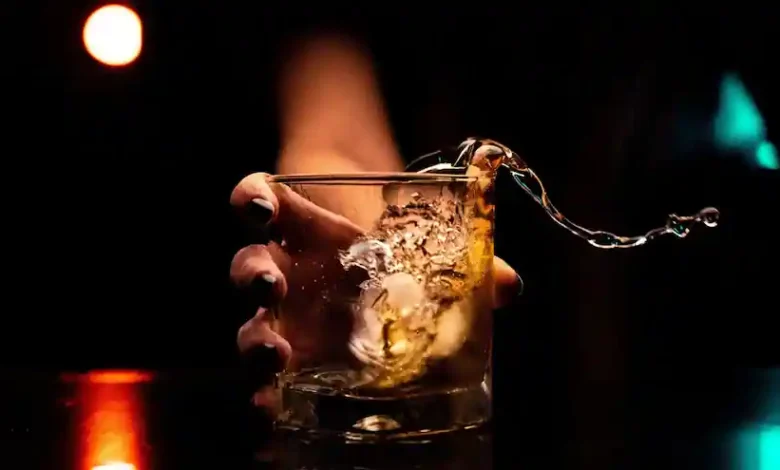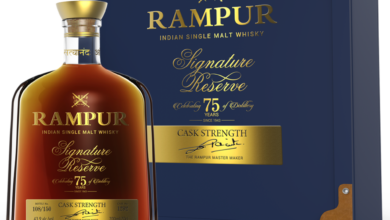WHO urges higher taxes on alcohol and sugary drinks
WHO presents startling data–2.6 million deaths occur annually due to alcohol consumption while over 8 million are attributed to poor diet.

In a global call to combat the consumption of alcohol and sugar-sweetened beverages (SSBs), the World Health Organization (WHO) is urging countries to increase their tax rates on these products. According to the WHO, many governments fail to adopt strategies promoting healthier behaviors among their populations.
The Impact of High Tax Rates
The WHO’s stance is rooted in the findings of a United Nations study on global taxation, which indicates that higher taxes on “unhealthy products” could trigger improved overall health and decreased mortality rates. The study discovered that these products are taxed at surprisingly low rates worldwide, a fact that the WHO hopes to change. The organization is advocating for an excise tax to be imposed on all SSBs and alcoholic beverages as such taxes are usually levied on specific consumer items.
Health Burdens of Alcohol and SSBs
The necessity for reform becomes evident considering the alarming rates of deaths attributed to alcohol and SSBs worldwide. WHO presents startling data–2.6 million deaths occur annually due to alcohol consumption while over 8 million are attributed to poor diet. The organization asserts that tax imposition on these harmful substances can reduce these death tolls significantly. The implementation of these taxes is expected to simultaneously promote healthier substitutes, encouraging companies to innovate towards healthier options.
Repercussions of Taxation
Rüdiger Krech, the Health Promotion Director at WHO, conveys the multiple benefits of this strategy, stating that it stimulates societal health, diminishes disease prevalence, and yields government revenues for public services. He further informs that, in the case of alcohol, taxes also help minimize violence and road traffic accidents. Non-communicable diseases like cancer, diabetes, and heart problems could also be prevented with this strategy.
Current State of SSB and Alcohol Taxation
The WHO’s report reveals that nearly half of all countries are imposing tax rates on SSBs and water, with 108 of its 194 member nations practicing such taxation. However, the WHO does not support water taxation. Interestingly, excise taxes only constitute an average of 6.6 percent of a soda’s price globally. On the alcohol front, a minimum of 148 countries have implemented excise taxes on a national level–excluding wine in 22 countries, mainly in Europe.
A detailed analysis by the organization disclosed that the tax on the top-selling beer brand is 17.2 percent, while the most popular type of spirit has a tax rate of 26 percent. Furthermore, the report uncovered that heavy episodic drinkers tend to opt for the least expensive alcoholic beverages available.
Expected Outcomes of Increased Tax Rates
Citing a 2017 study, the WHO report projects that a 50-percent increase in alcohol prices could prevent over 21 million deaths within five years, bolstering additional revenues close to $17 trillion.
You might also be intersted in – Mixing alcohol with Coca Cola is actually a bad idea: Serious side effects revealed



